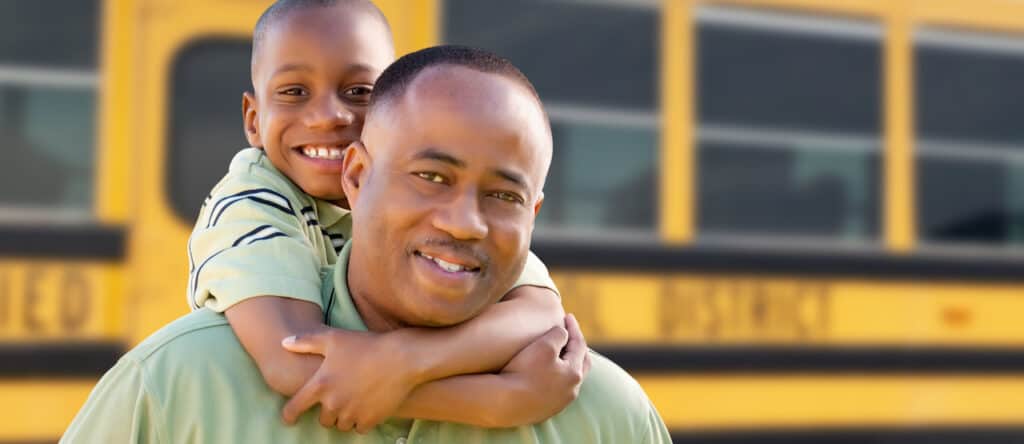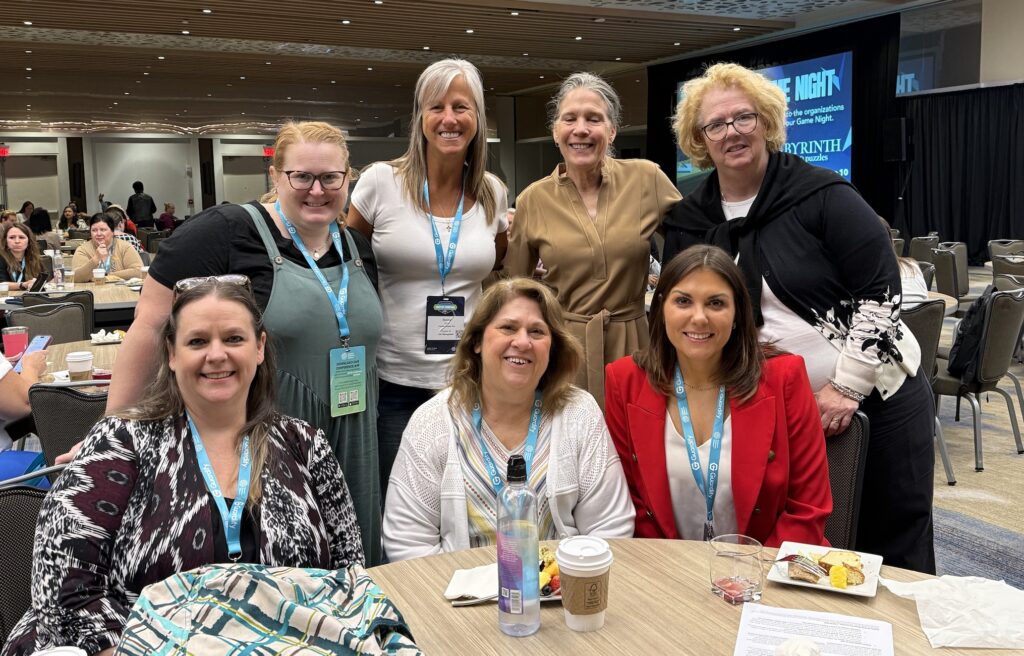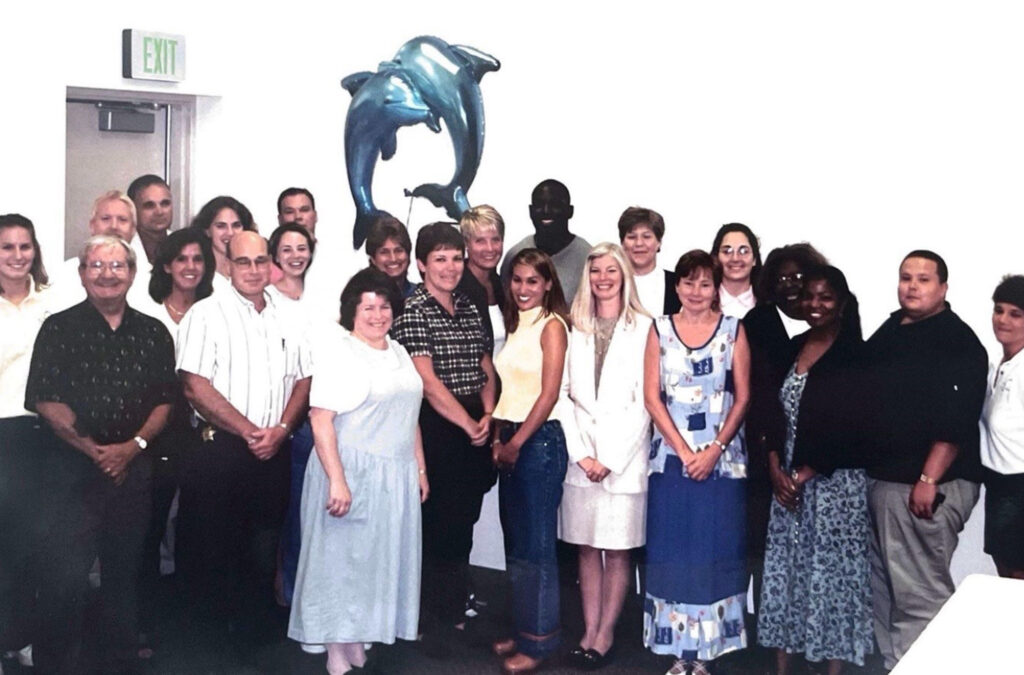
There are three important things to remember when helping a victim of child sexual abuse, child abuse, and emotional distress
1. Kids, like adults, may be ready to talk at a different speed.
Your child may be ready to talk now. Or it might be longer. It’s their health and well-being.
2. You can prevent emotional shutdowns.
Kids can open up in various ways
depending on their age, and to
different people.
3. Always reiterate it’s not their fault—because it isn’t.
No child is ever at fault for being
abused or assaulted by another
person.
“I’m so proud of you.”
As a parent or guardian of a child, you must remember that everyone–including children—is ready to speak about their health and well-being at different speeds than you.
- Repeatedly approaching the topic may cause your child to shut down emotionally.
- They may shut you and others out instead of feeling like they can trust you.
- You may also find they open up to a friend or teacher before talking to you. That is okay. When a child brings up the subject and needs to discuss it with you, then you should talk about it.
When your child is ready to talk, assure them what happened was not their fault. Say things like, “They have a problem, they did something that is against the law, and they need special help.”
If you’re unsure what to say, try:
- “I believe you.”
- “I’m so proud of you for telling what happened. That was a brave thing to do.”
- “I’m so sorry this happened to you.”
- “I’m upset too, but not at you.”
- “I am angry with the person who did this.”
- “You are not to blame for anything. You did nothing wrong.”
- “What are you most worried about right now?”

Restoring peace and a sense of normalcy to
your child’s life starts with a normal routine.
There is more you can do:
- Return to a normal routine as soon as possible. Go back to waking up at the same time, eating
breakfast, going to school, etc. - Don’t talk about the incident if it’s possible your child can hear you discussing it.
- Let them know it’s okay to cry or be angry.
- See that your child receives therapy, even if they say they don’t want to. A licensed therapist is like seeing a doctor: They may not want to go, but mental health is critical. While you shouldn’t force them to talk about what happened with you or others if they’re not ready, a therapist is different.
- Teach your child safe body boundaries and safety rules.
- Just as you wouldn’t tell them to ignore a pain in their stomach to a doctor, never coach or advise your child on how to act or what to say to professionals or investigators. This could seriously damage the case and confuse or upset your child.
- Have no contact with the suspect.
- Understand there may be a sudden need for unusual requests. This could include nightlights, leaving doors open, and a need for physical closeness to you.
- Prepare your child for what may happen since disclosing their abuse.
- Make only promises you know you can keep. Avoid statements like, “Nothing bad will ever happen to you again.”
- Allow plenty of time for them to express emotion through creative and athletic output like play, drawing, and athletics.
Child development is complicated enough without the emotional distress that stems from child abuse. If you need help—and help is available—contact your Victim Advocate at the CAC.
Remember, too, that every child is different and overcoming childhood abuse is a journey. For some it is longer than others and may result in post traumatic stress disorder, mental health issues, or no discernable difference in childhood evelopment at all.
Abuse and neglect can be overcome with loving family members, friends, and an honest healing process.
This page is also available as a Word Document
CACs, nurses, Victim Advocates, MDT members, and others working with children and families can print and share this page. Download the Word version.



